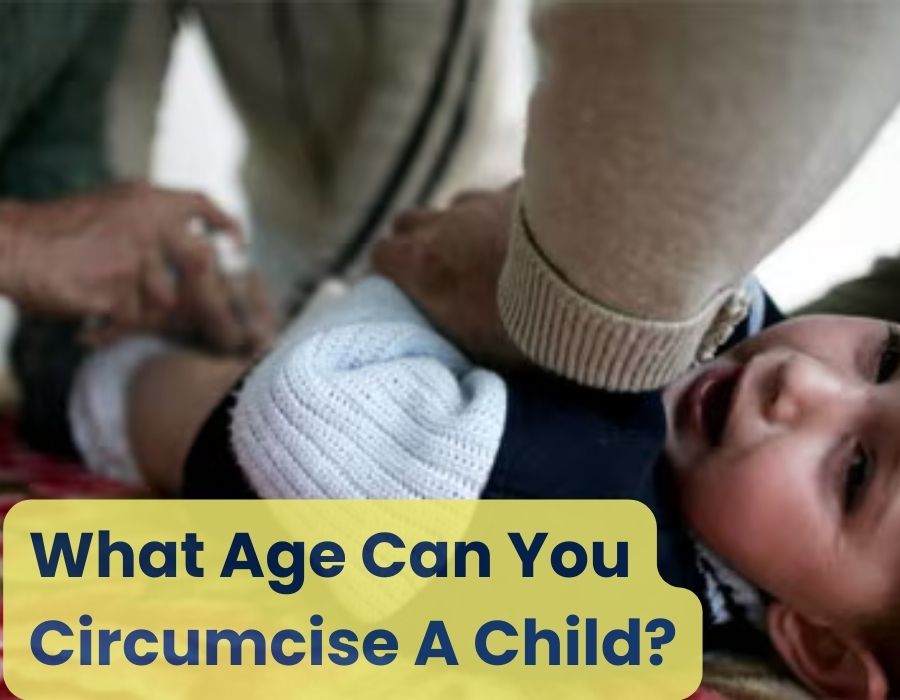What age can you circumcise a child?

Circumcision is a common surgical procedure where the foreskin covering the head of the penis is removed. It’s a decision that many parents consider for their male children, often for cultural, religious, or health reasons. However, determining the appropriate age for circumcision can be a topic of debate and confusion for parents. Here, we will discuss the factors to consider and provide insight into when circumcision may be appropriate.
Factors to Consider:
Cultural and Religious Beliefs: Many cultures and religions have specific traditions regarding circumcision. Some perform it shortly after birth, while others wait until the child is older. Understanding your cultural or religious beliefs can help guide your decision.
Health Benefits: There are potential health benefits associated with circumcision, including a reduced risk of urinary tract infections, sexually transmitted infections, and penile cancer. Discussing these benefits with a healthcare provider can help you weigh the pros and cons.
Age and Development: The age at which circumcision is performed can impact the procedure’s complexity and recovery time. Newborn circumcision is often simpler and associated with faster healing compared to circumcision performed later in childhood or adolescence.
Pain Management: Pain management options vary depending on the age of the child. All children should be circumcised under general anesthesia or numbing cream to minimize discomfort during the procedure. Older children may require different pain management strategies, which should be discussed with a healthcare provider.
Personal Preference: Ultimately, the decision to circumcise a child may come down to personal preference. Some parents choose to circumcise their sons for cultural or religious reasons, while others opt not to based on personal beliefs or concerns about the procedure.
Appropriate Age for Circumcision:
The appropriate age for circumcision can vary depending on various factors, including cultural traditions, health considerations, and personal preferences. Here’s a general guideline:
Neonatal Circumcision: Many parents choose to have their sons circumcised shortly after birth, often within the first few days or weeks. Neonatal circumcision is commonly performed in hospitals by pediatric surgeons or pediatric Urologist. The procedure is typically quick and associated with minimal complications.
Infant Circumcision: Circumcision can also be performed during infancy, typically within the first year of life. Infant circumcision may offer similar benefits to neonatal circumcision and is still relatively simple compared to circumcision performed in older children.
Childhood Circumcision: While circumcision can be performed at any age, the procedure may become more complex as the child gets older. Childhood circumcision may require general anesthesia and a longer recovery period compared to circumcision performed during infancy.
Conclusion
Deciding when to circumcise a child is a personal decision that should be made based on cultural beliefs, health considerations, and personal preferences. Consulting with a healthcare provider, such as Dr. Apoorva Kulkarni, a pediatric surgeon, can provide valuable guidance and support throughout the decision-making process. By understanding the factors involved and weighing the pros and cons, parents can make an informed decision that is best for their child.
